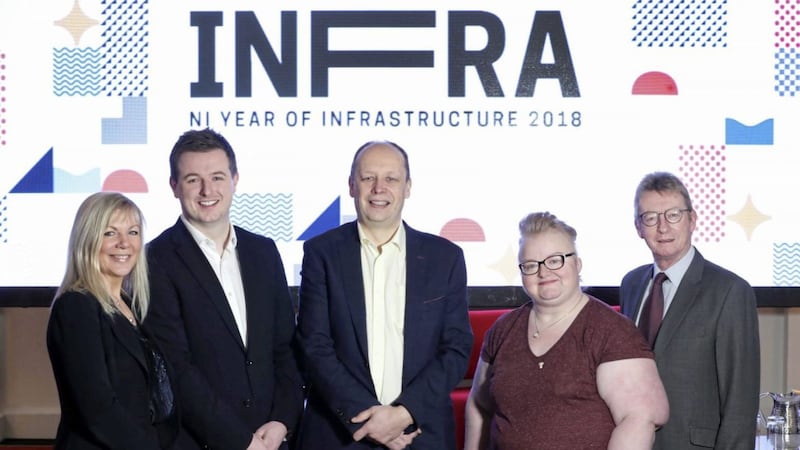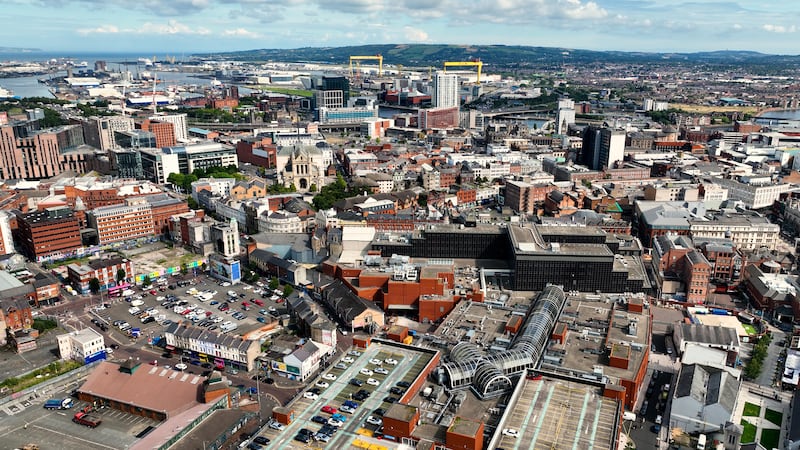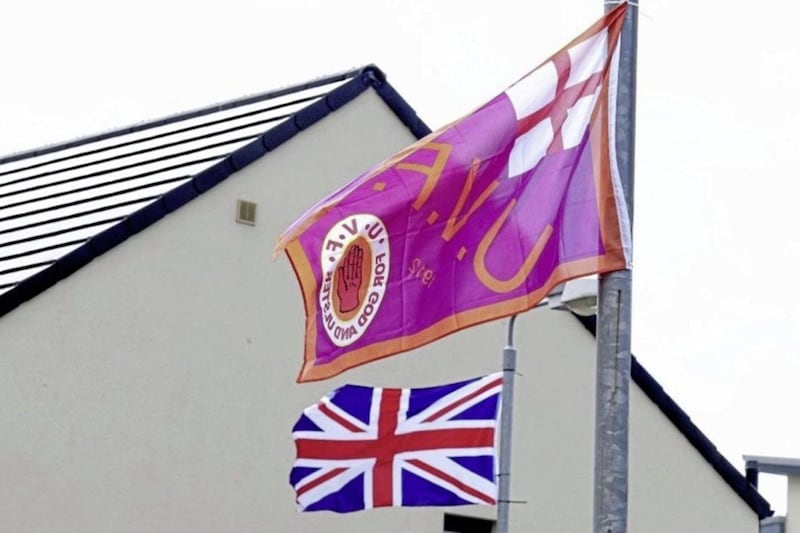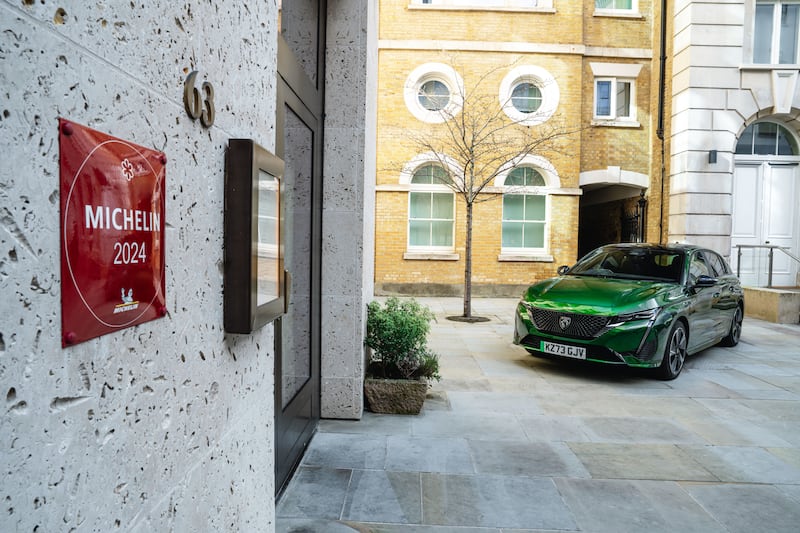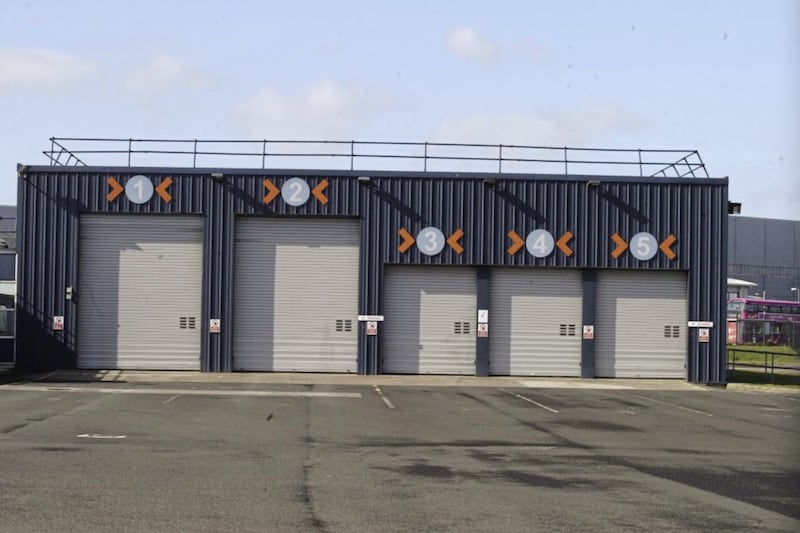BUSINESSES and householders have been challenged to consider what would life look like without clean water, energy networks, schools, offices, parks, hospitals, leisure centres, flood defences, greenways, railways, waste collection, roads, ports, airports, roads and bridges.
It coincides with a year-long campaign to raise awareness among the Northern Ireland public of how infrastructure transforms people's lives, despite much of it being invisible (like sewerage systems).
A survey claims a third of people in Northern Ireland hardly know the meaning of the word infrastructure, despite it being in their faces from the moment they turn on the kettle or flush the toilet in the morning, to they switch off the lights at bedtime.
But the inaugural 'Infra2018' campaign, launched at an event in Belfast's Titanic Hotel, has been developed to help tell the story of infrastructure and demonstrate how it makes Northern Ireland liveable.
Each month this year will have a different theme to tie in with major events throughout the year starting in February with water – exploring how we get it, how to make the most of it and how to protect the natural cycle.
Other monthly subject matters include waste, energy, place-making, mobility, overseas development, bridges, heritage, rivers and digital.
An interactive website - www.infra2018.org - has also been created to show the public how the home and their quality of life depends on sound infrastructure.
As part of Infra2018, a survey asked more than 1,000 adults to give examples of infrastructural projects that help improve lives. People living west of the Bann were three times more likely to cite the development of A5 and A6 dual carriageways, and twice as likely to reference the building of new motorways, while residents of Belfast were twice as likely to cite the building of new hospitals.
Richard Kirk, regional director of the Institution of Civil Engineers (ICE), said: “Worryingly, a third of people don’t have any top-of-mind association with infrastructure, yet it is everywhere we look including water, power supply, roads, schools, hospitals, bridges and railways.
"Through Infra2018: NI Year of Infrastructure, we aim to show the public how infrastructure connects, protects and enables investment and tourism and builds our quality of life. And a good way to start educating people is by bringing it into their home. When we use our taps, toilets, light switches, gas or broadband we expect them to work, and this is thanks to infrastructure.”
To help with this learning process, ICE has created a dedicated website providing lots of information, and people can even put in their postcode to find out where their water has come from, how long it takes to get to them and where it ends up once they've used it.
Peter May, permanent secretary at the Department for Infrastructure, said: “For any region to be successful it needs world class infrastructure. It enables economic growth, builds the connections to markets and opportunities and helps grow a highly skilled workforce. People can often take for granted what they rely on every day, so I welcome this focus on the many varied and vital elements of infrastructure."
He said that creating and maintaining quality infrastructure takes long term planning and investment and in a difficult and uncertain budget position that creates a major challenge.
"Decisions cannot be driven solely by a focus on the present. While we need to take account of the realities and constraints we face today, we must also look forward and anticipate and plan for the needs of the region and the economy in the future.”
